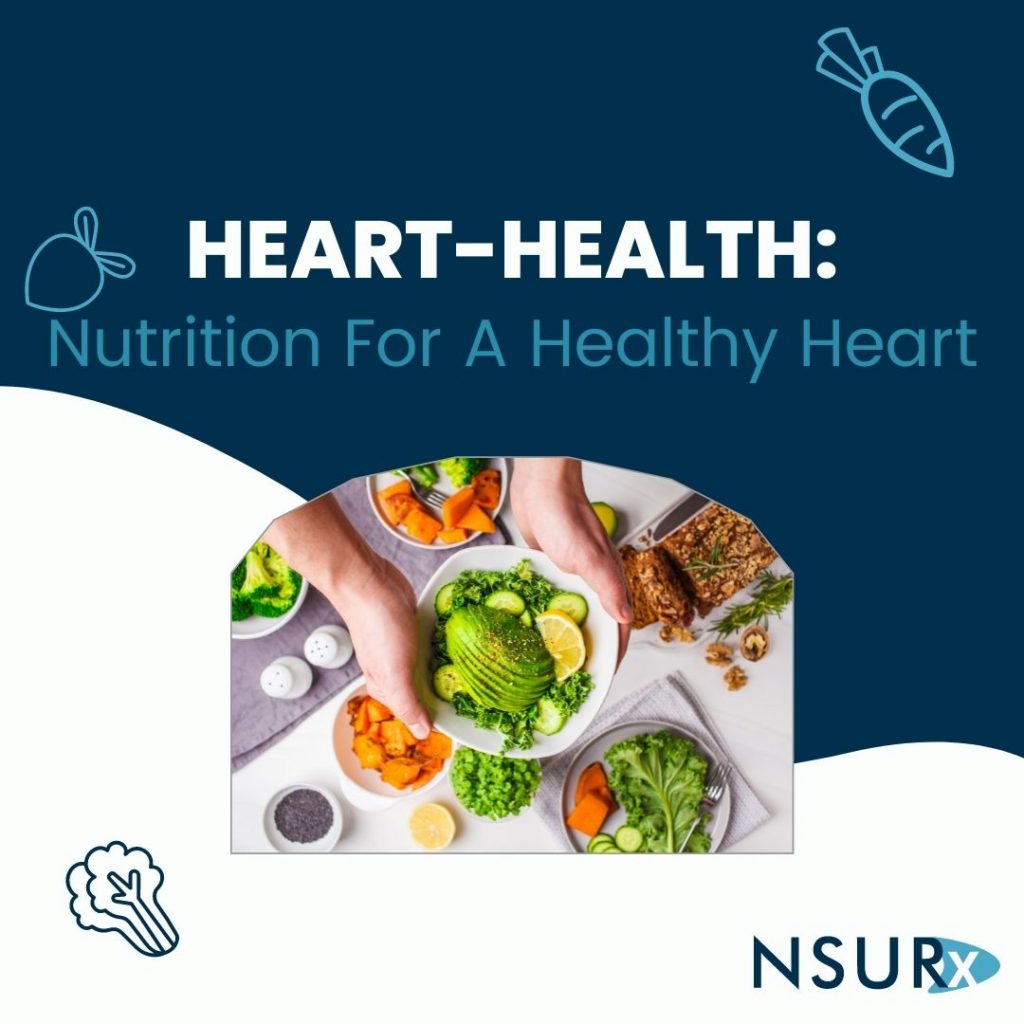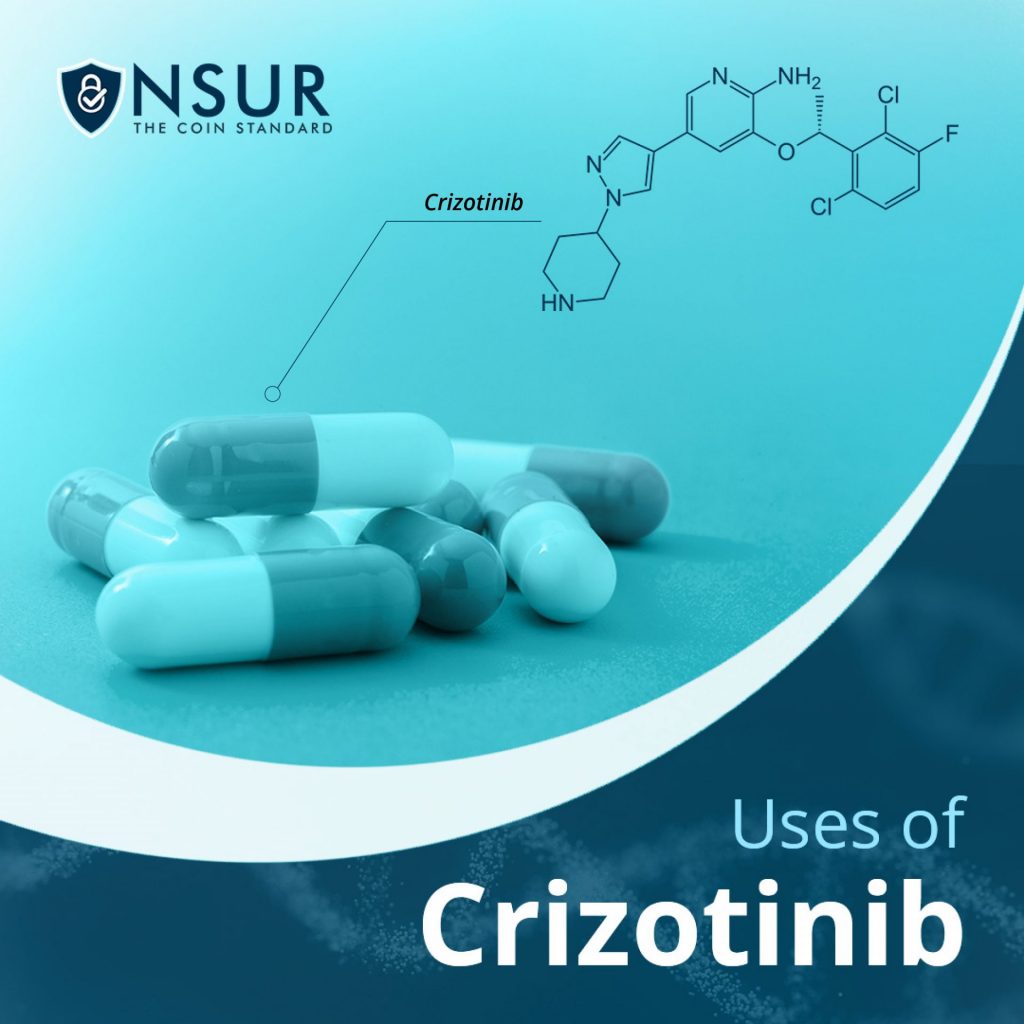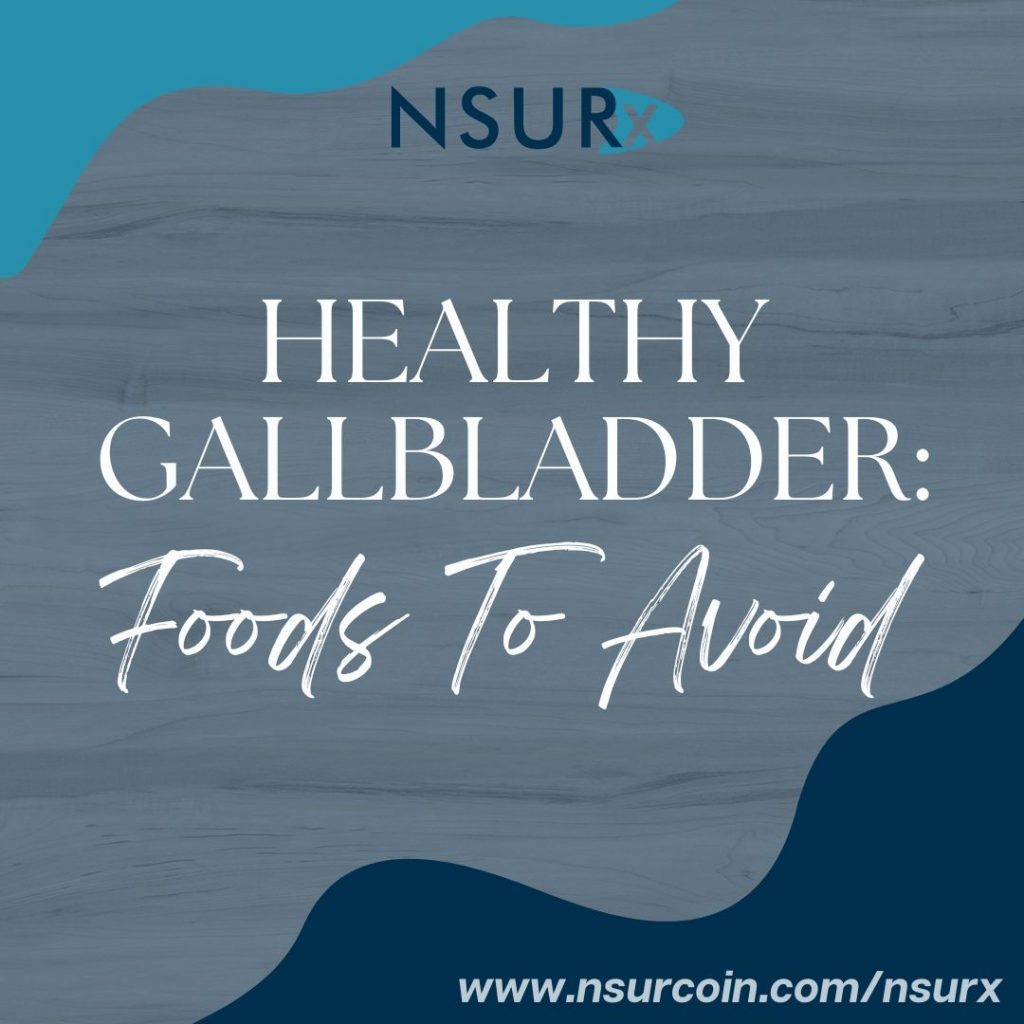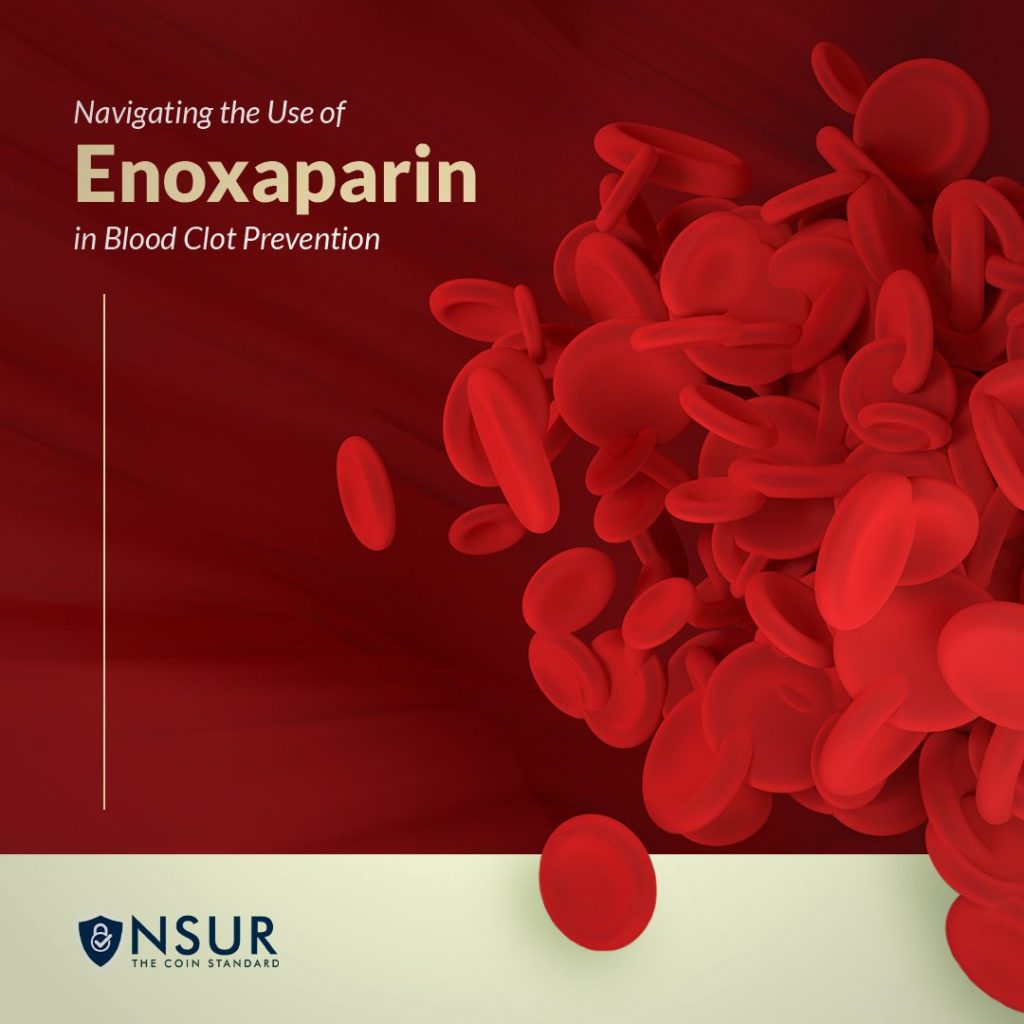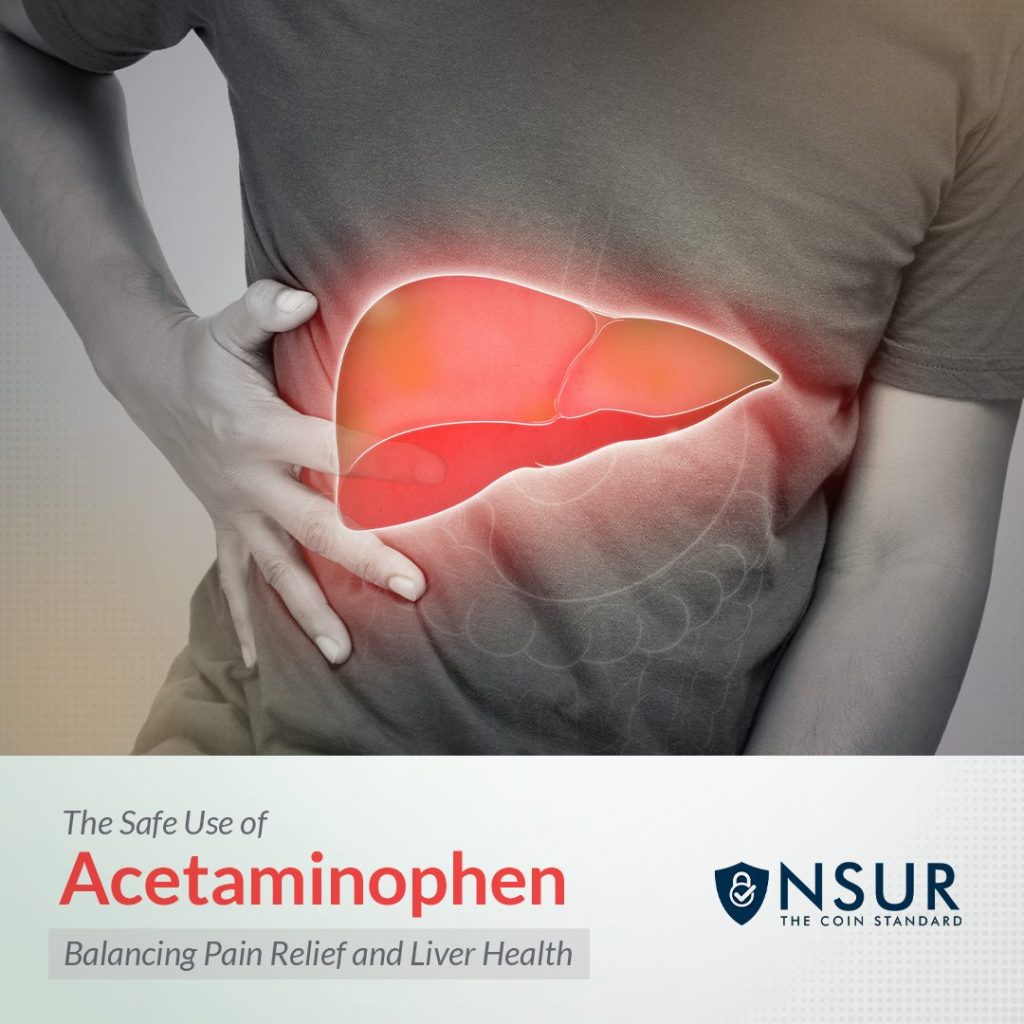
Acetaminophen, widely known by its brand name Tylenol among others, is a common over-the-counter medication used worldwide to reduce fever and relieve pain. While it’s an effective remedy for everything from headaches to minor injuries, its safety, particularly concerning liver health, is a topic of ongoing discussion. This blog post explores how to use acetaminophen safely, ensuring you get the pain relief you need without compromising your liver health.
Understanding Acetaminophen
Acetaminophen works by inhibiting the production of chemicals in the brain that cause pain and fever. Unlike nonsteroidal anti-inflammatory drugs (NSAIDs) like ibuprofen, it doesn’t reduce inflammation. This makes it a preferred choice for individuals who need a pain reliever that is gentler on the stomach.
The Liver Connection
The liver plays a crucial role in processing acetaminophen. When taken in recommended doses, the liver can easily metabolize the drug, converting it into harmless substances that are then excreted from the body. However, taking more than the advised amount can lead to the accumulation of a toxic metabolite, potentially causing liver damage or even failure.
Safe Usage Guidelines
Know the Limits
The key to safely using acetaminophen lies in adhering to the recommended dosages. For adults, the maximum daily limit is generally 3,000 to 4,000 milligrams (mg), but it’s wise to aim for the lower end of this range to reduce risks. Always check the dosage on the medication’s packaging, as formulations can vary.
Read Labels Carefully
Many over-the-counter and prescription medications contain acetaminophen as an active ingredient. This includes remedies for colds, flu, allergies, and sleep aids. To avoid unintentional overdose, always read the labels of any medication you’re taking to see if it contains acetaminophen.
Monitor for Symptoms
Overdosing on acetaminophen can lead to serious liver damage. Symptoms of an overdose may include nausea, vomiting, sweating, and pain in the upper abdomen. If you suspect you’ve taken too much, seek medical attention immediately, as early intervention is critical.
Consider Other Health Factors
Individuals with existing liver conditions, those who consume alcohol regularly, or those taking other medications that affect the liver should use acetaminophen with caution. Consult your healthcare provider for personalized advice, especially if you fall into one of these categories.
When in Doubt, Ask
Pharmacists and healthcare providers can offer valuable guidance on how to use acetaminophen safely. If you’re unsure about dosages, potential interactions with other medications, or whether acetaminophen is the right choice for your symptoms, don’t hesitate to seek professional advice.
Alternatives to Acetaminophen
If you’re concerned about liver health or unable to use acetaminophen, there are alternatives. NSAIDs, such as ibuprofen and naproxen, can provide effective pain relief and reduce inflammation, though they should be used cautiously by those with kidney issues or at risk for heart disease. Always discuss these options with a healthcare provider to determine what’s best for you.
Take advantage of NSURx for your prescription drugs!
With the NSURx Prescription Benefit Card, you can save money on your medications at more than 35,000 pharmacies across the United States.
You can save up to 80% on your medication by using an NSURx card. Hundreds of dollars in savings could be yours every time you fill out your prescription.
The more you shop with NSURx, the more NSUR Coins you will receive as a reward.
The Bottom Line
Acetaminophen is a safe and effective medication for pain relief and fever reduction when used correctly. By understanding how to use it responsibly, reading medication labels carefully, and being mindful of the maximum daily dosage, you can manage your pain without putting your liver at risk. Remember, when it comes to medication, more is not always better. Prioritize your health by using acetaminophen wisely, ensuring it remains a helpful ally in your healthcare regimen.
By following these guidelines, you can maintain a balance between effective pain relief and liver health, ensuring that acetaminophen remains a safe and beneficial part of your wellness toolkit.
Disclaimer
This blog post is intended for informational purposes only and should not be considered a substitute for professional medical advice. Always consult with a qualified healthcare provider for personalized recommendations and guidance.

